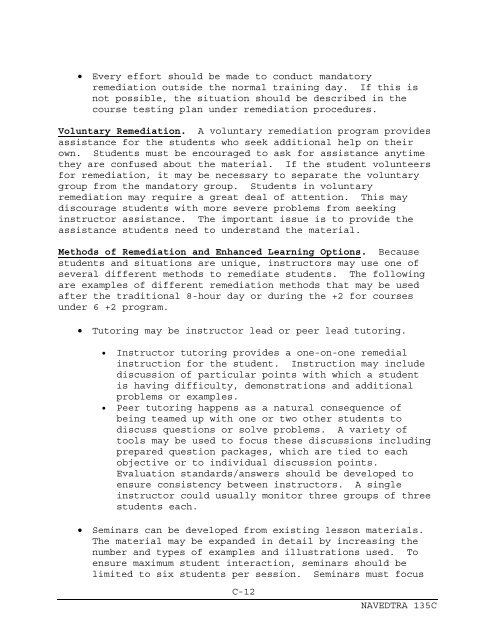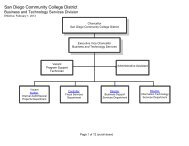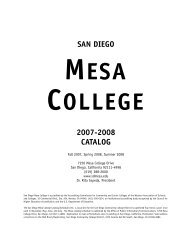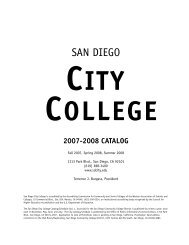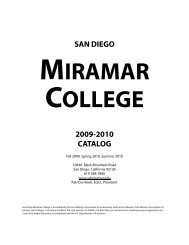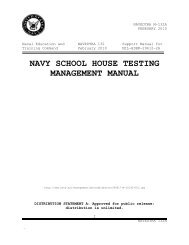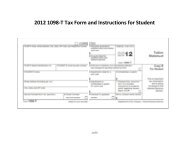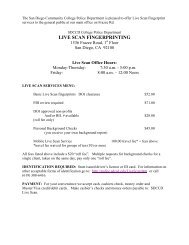NAVY SCHOOL MANAGEMENT MANUAL
NAVY SCHOOL MANAGEMENT MANUAL - AIM
NAVY SCHOOL MANAGEMENT MANUAL - AIM
- No tags were found...
You also want an ePaper? Increase the reach of your titles
YUMPU automatically turns print PDFs into web optimized ePapers that Google loves.
Every effort should be made to conduct mandatory<br />
remediation outside the normal training day. If this is<br />
not possible, the situation should be described in the<br />
course testing plan under remediation procedures.<br />
Voluntary Remediation. A voluntary remediation program provides<br />
assistance for the students who seek additional help on their<br />
own. Students must be encouraged to ask for assistance anytime<br />
they are confused about the material. If the student volunteers<br />
for remediation, it may be necessary to separate the voluntary<br />
group from the mandatory group. Students in voluntary<br />
remediation may require a great deal of attention. This may<br />
discourage students with more severe problems from seeking<br />
instructor assistance. The important issue is to provide the<br />
assistance students need to understand the material.<br />
Methods of Remediation and Enhanced Learning Options. Because<br />
students and situations are unique, instructors may use one of<br />
several different methods to remediate students. The following<br />
are examples of different remediation methods that may be used<br />
after the traditional 8-hour day or during the +2 for courses<br />
under 6 +2 program.<br />
<br />
Tutoring may be instructor lead or peer lead tutoring.<br />
<br />
<br />
Instructor tutoring provides a one-on-one remedial<br />
instruction for the student. Instruction may include<br />
discussion of particular points with which a student<br />
is having difficulty, demonstrations and additional<br />
problems or examples.<br />
Peer tutoring happens as a natural consequence of<br />
being teamed up with one or two other students to<br />
discuss questions or solve problems. A variety of<br />
tools may be used to focus these discussions including<br />
prepared question packages, which are tied to each<br />
objective or to individual discussion points.<br />
Evaluation standards/answers should be developed to<br />
ensure consistency between instructors. A single<br />
instructor could usually monitor three groups of three<br />
students each.<br />
<br />
Seminars can be developed from existing lesson materials.<br />
The material may be expanded in detail by increasing the<br />
number and types of examples and illustrations used. To<br />
ensure maximum student interaction, seminars should be<br />
limited to six students per session. Seminars must focus<br />
C-12<br />
NAVEDTRA 135C


